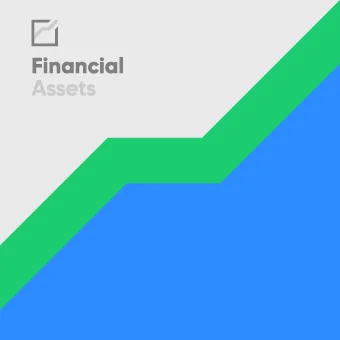
A keyboard and a shopping cart are shown in the front of a displayed Shein logo in this illustration picture.
The fast-growing Chinese online retailer - Shein has not made public disclosures about working conditions along its supply chain which are required by law in the United Kingdom, and the company has recently falsely announced on its website that conditions in the factories it uses were certified by international labor standards bodies, Reuters has found.
In Britain, companies over a certain size must publicly state on their websites steps they're taking to combat forced labor as part of the Modern Slavery Act of 2015.
Shein's'social responsibility' page states that it 'never, ever" engages in forced labor but does not provide the full supply chain disclosures required by British law.
The law mandates that firms selling more than 36 million pounds of goods global per year must provide a statement on a searchable link available on its home page, which dates to a financial year and signed by a director, outlining the steps it is taking to prevent modern slavery in its supply chain.
Shein declined to disclose its revenue to Reuters, stating it does not disclose its annual revenues publicly. Analysts have estimated the company's earnings at $15 billion, with annual revenue of at least $5 billion.
A spokesperson for Shein said it is in the process of finalizing statements required by UK law and plans to publish them on its website. 'We are developing comprehensive policies, which will be published here on our website in the next couple of weeks, the Shein spokesperson said on Aug. 2.
Britain's Home Office, which is charged with enforcing disclosure law, said it does not comment on specific cases.
A similar law in Australia requires companies with revenue over A $100 million a year to submit an annual criminal intelligence statement to the Australian Border Force (Australian border force).
The ABF confirmed to Reuters that foreign entities exporting to Australia required to submit a statement if their revenue was above the threshold.
As of Aug. 4, neither Shein nor its subsidiary in that country had submitted such a statement according to the ABF's register.
Causing questions from Reuters, a Shein spokesperson told Reuters that it was compliant with Australia's law, without elaborating on whether it believed it was not required to report or whether it had submitted a statement since Reuters' questioning.
The ABF declined to comment on Shein.
Reuters could not independently assess the working conditions in any factory used by Shein or the wages it pays. The retailer did not respond to a request for comment on what its standards for suppliers are.
Over the past 18 months, shein - owned company Zoetop Business Co Ltd, with official name Zoetop Business Co Ltd, has taken fast fashion world by storm. The company's instagram and TikTok accounts have more than 23 million followers, many of them young women showing off its cheap clothes including $9 dresses and $15 shoes. The site drew more than 160 million visitors in June, according to web traffic analytics firm Similarweb, surpassing rivals Zara and H&M.
The company's ultra-low prices and lack of transparency have prompted labor watchdogs, including the Worker Rights Consortium and the Business Human Rights Resource Center, to question why it produces its products so cheaply.
Shein is located in China, but sells services online only to customers outside the country. Its biggest investors include Sequoia Capital and Tiger Global Management. Both declined to comment on this story.
Some of Shein's major rivals, including H&M, Zara-backed Inditex, ASOS, Boohoo and Zalando, publish statements as well as more detailed information on their supply chain, such as factory lists and codes of conduct, on their websites.
H&M's website includes a downloadable spreadsheet with specific names and addresses of thousands of its factories and processing facilities. Inditex has an eight-page, downloadable code of conduct and a map showing the number of its factory sites and suppliers in each country.
Separately, shein said in a statement on its website last seen on 26 July by Reuters was certified to be working with international standards by the International Organization for Standardization and that Shein was proudly in compliance with strict fair labor standards set by international organizations like SA 8000.
SA 8000 is a management system standard based on the International Human Rights Principles. It measures companies' performance in eight areas including child labor, forced labour and health and safety.
ISO is a global organisation that develop commercial, industrial and technical standards. The companies pay certification bodies to audit and implement these standards at their organizations.
ISO issues standard only and does not carry out certifications themselves, a spokesperson said. A company 'cannot be either certified or accredited by ISO, the spokesperson said.
Social Accountability International, administering the SA 8000 standard, said that Shein had not been certified through its program and that it had not had any contact with the company.
The page was removed after Reuters asked the company about it. The same web address now takes users to a new'social responsibility' page, which is make no mention of ISO or SA 8000.
